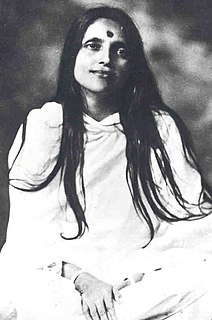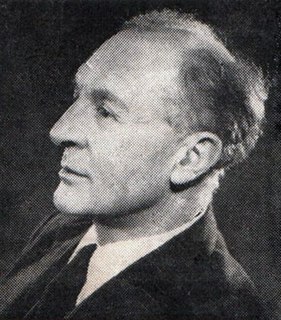A Quote by Max Weber
It is true that the path of human destiny cannot but appal him who surveys a section of it. But he will do well to keep his small personal commentarie to himself, as one does at the sight of the sea or of majestic mountains, unless he knows himself to be called and gifted to give them expression in artistic or prophetic form. In most other cases, the voluminous talk about intuition does nothing but conceal a lack of perspective toward the object, which merits the same judgement as a similar lack of perspective toward men.
Quote Topics
About
Artistic
Cannot
Cases
Conceal
Destiny
Does
Expression
Form
Gifted
Give
Him
Himself
His
Human
Intuition
Judgement
Keep
Knows
Lack
Majestic
Men
Merits
Most
Mountains
Nothing
Object
Other
Path
Personal
Perspective
Prophetic
Same
Sea
Section
Sight
Similar
Small
Small Person
Surveys
Talk
Them
Toward
True
Unless
Well
Which
Will
Related Quotes
Man can will nothing unless he has first understood that he must count on no one but himself; that he is alone, abandoned on earth in the midst of his infinite responsibilities, without help, with no other aim than the one he sets himself, with no other destiny than the one he forges for himself on this earth.
One who was born in the house of a warrior, regardless of his rank or class, first acquaints himself with a man of military feats and achievements in loyalty....Everyone knows that if a man doesn't hold filial piety toward his own parents he would also neglect his duties toward his lord. Such a neglect means a disloyalty toward humanity. Therefore such a man doesn't deserve to be called 'samurai'.
Only to the extent that someone is living out this self transcendence of human existence, is he truly human or does he become his true self. He becomes so, not by concerning himself with his self's actualization, but by forgetting himself and giving himself, overlooking himself and focusing outward.
Reason cannot desire for man any condition other than that in which not only every individual enjoys the most absolute, unbounded freedom to develop himself out of himself, in true individuality, but in which physical nature, as well, need receive no other shaping by human hands than that which is given to her voluntarily by each individual, according to the measure of his wants and his inclinations, restricted only by the limits of his energy and his rights.
But the older he grew and the more intimately he came to know his brother, the oftener the thought occurred to him that the power of working for the general welfare – a power of which he felt himself entirely destitute – was not a virtue but rather a lack of something: not a lack of kindly honesty and noble desires and tastes, but a lack of the power of living, of what is called heart – the aspiration which makes a man choose one out of all the innumerable paths of life that present themselves, and desire that alone.
Pleasure and pain at once register upon the lover, inasmuch as the desirability of the love object derives, in part, from its lack. To whom is it lacking? To the lover. If we follow the trajectory of eros we consistently find it tracing out this same route: it moves out from the lover toward the beloved, then ricochets back to the lover himself and the hole in him, unnoticed before. Who is the subject of most love poems? Not the beloved. It is that hole.
The Christian religion, outwardly and even in intention humble, does, without meaning it, teach man to regard himself as the most important of all created things. Man surveys the starry heavens and hears with his ears of the plurality of worlds; yet his religion bids him believe that his alone out of these innumerable spheres is the object of his master's love and sacrifice.





































